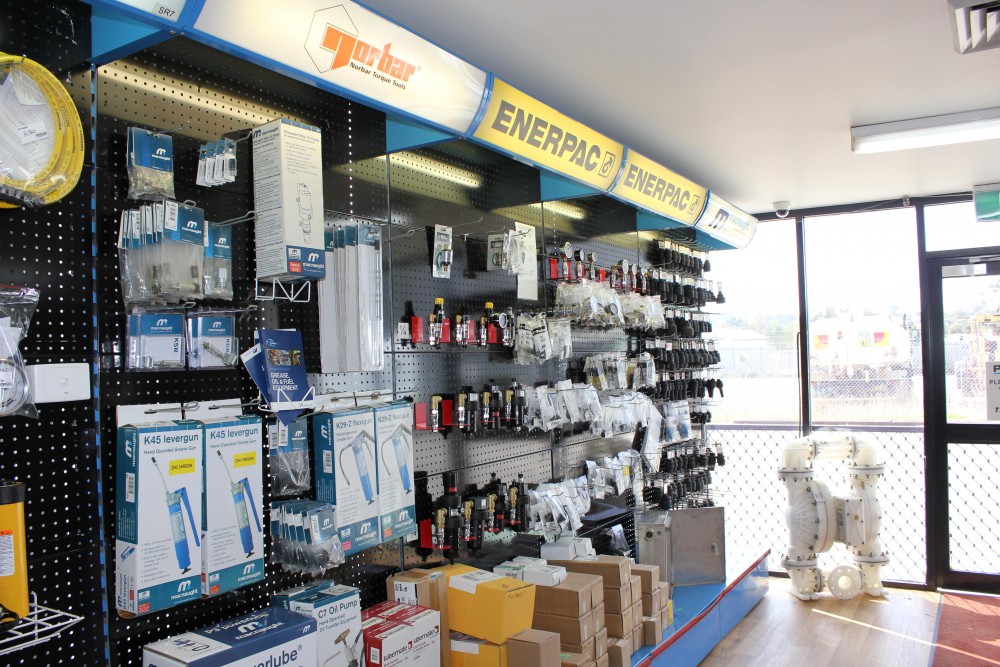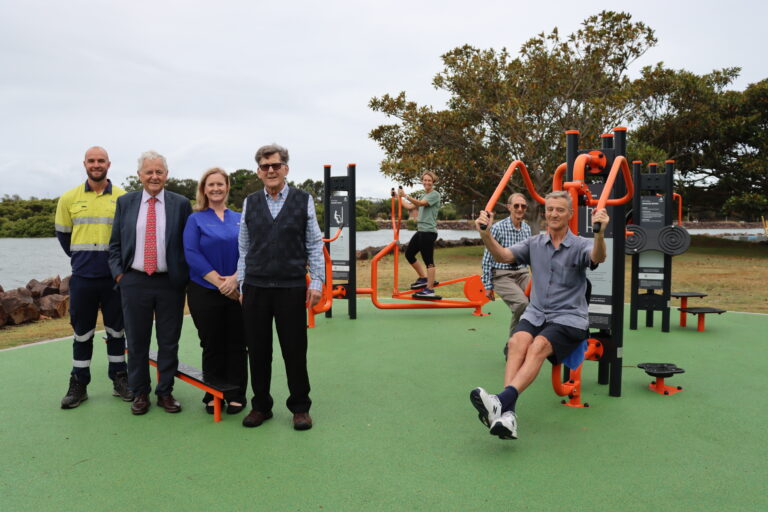In the industrial sector, there’s a range of products – some tailored, others off-the-shelf. Both options come with their own set of benefits and shortcomings. But which is better? What solution is right for your business?
Tailored equipment is fully customised. It is created for you and comes complete with technology designed around your specific needs. Meanwhile, off-the-shelf is exactly that, a product that can be purchased off-the-shelf. This type of equipment is often mass-produced and readily available.
So what are some of pros and cons of tailored equipment for your business?
Pros
The best part about tailored equipment is that it is made to suit you. Each piece of equipment is designed around your needs and to provide the perfect solution for your unique job/situation. Plus, it’s yours. It’s an investment, like most equipment, but you own it and can use it how you like. This also means it can be easily updated and modified as you see fit.
Tailored equipment is customer focused. You can have everything you desire in the one product, which often has a two-birds-one-stone effect when it comes to workplace efficiency. Not only will it cut time off bigger jobs that involve numerous steps, you’ll also save time orientating your staff with the equipment. Because you designed it, it follows your business practices and vernacular.
However, if you aren’t in the financial position to invest in a multi-faceted piece of technology, you can always start with the core-essentials and add features and functions at any time in the future. This means your equipment can grow and evolve with your needs.
Finally, tailored equipment offers a competitive advantage over off-the-shelf options. This technology won’t be available to anyone else in the industry, and we all know that it pays to be ahead of the pack.
Cons
Price is the biggest factor for a lot of people considering tailored equipment. Obviously, a custom-made solution will cost more than a mass-produced item. However, it’s likely that tailored equipment will work out cheaper in the long run. Since you won’t need replacements as often, and you save on costs for multiple pieces of equipment by having the one that does many jobs, the investment is well worth it.
The other consideration is time. Planning and developing this equipment will take longer than just stopping in-store to purchase something off-the-shelf. But again, it’s an item you’ll use time and time again, so the wait is worth it.
The pros and cons of off-the-shelf equipment for your business
Pros
As stated above, time is a factor when making the decision between tailored vs off-the-shelf equipment. As well as being fast to purchase, these pieces are often designed for quick installation and use.
Price will be significantly lower than that of tailor-made equipment. Since it’s mass-produced, the immediate associated costs are cheaper.
Off-the-shelf solutions are often tried and tested; if they’ve been on the market for a while and are developed by a reputable brand, it’s likely they’ve been successfully implemented by other businesses. This opens doors to getting reviews and insights from others within industry.
Finally, off-the-shelf equipment is likely to be rich in features and extras, since it’s been used for so long by so many.
Cons
However, with off-the-shelf, you also run the risk of buying a product that doesn’t meet all your needs. You’ll lose money if you need multiple off-the-shelf products where one customer solution would’ve worked.
You need to remember, with off-the-shelf solutions, you are more likely to not be able to change and evolve. This type of equipment often won’t update and change as you need it to.
And of course, this solution is available to your competitors. It’s very difficult to remain ahead of the pack if you’re using the same equipment as everyone else.
If you’re still unsure, it pays to ask. Chat to an industry expert, as they will be able to steer you in the right direction.





